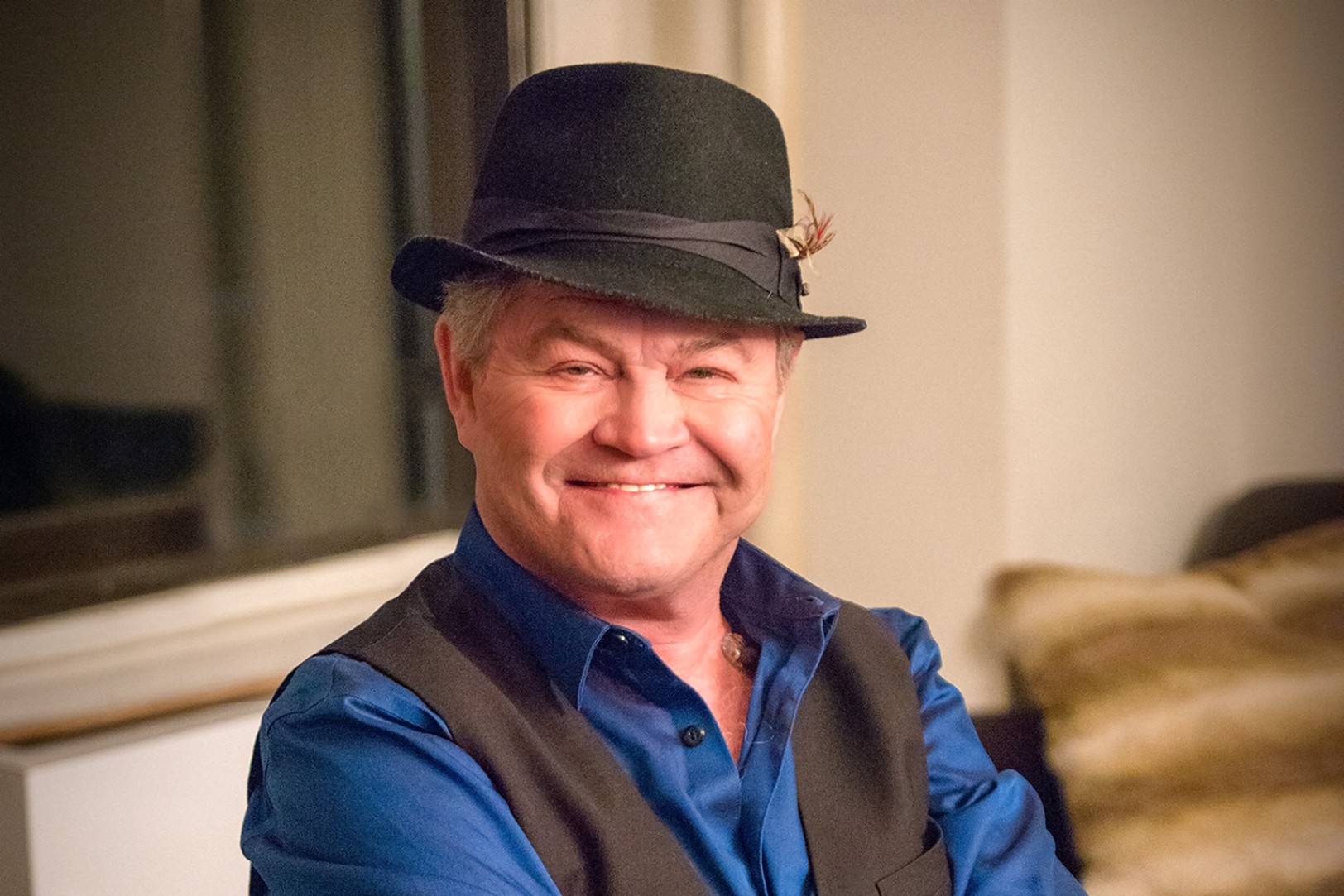“Getting Old Doesn’t Scare Me”: Jon Bon Jovi on Aging, Legacy, and Knowing When It’s Time to Go
Few artists in rock music can claim the endurance, resilience, and cultural relevance that Jon Bon Jovi has maintained over nearly four decades. From stadium anthems in the 1980s to reflective ballads in the 2000s, the New Jersey-born frontman has been a constant presence, navigating both the shifting tides of the music industry and the inevitable challenges of life itself. Today, at 58, he speaks with a calm assurance that only years of triumphs, setbacks, and hard-won wisdom can bring.

“I’ve earned this gray hair,” he says with a chuckle, running his hand through his trademark silver locks. “I’ve been through enough hurting and healing to be here. Professionally, I’ve survived trends that have come and gone, and I’ve even had to mourn the loss of a bandmate who just couldn’t effectively keep up anymore. And that was tough.”
He is, of course, referring to guitarist Richie Sambora, his longtime friend and musical partner, who left the band in 2013 after years of struggling with personal issues, including substance abuse. Their partnership had been one of the cornerstones of Bon Jovi’s sound, a blend of Sambora’s soulful guitar riffs and Jon’s soaring vocals. When Sambora abruptly walked away, many doubted the band could carry on. But Jon, drummer Tico Torres, and keyboardist David Bryan pressed forward.
“Since Richie’s departure, we’ve only grown closer and stronger,” Torres insists. Bryan echoes this sentiment: “Our bond is unbreakable. Jon has grown, like us, as a person, and he has definitely grown as a songwriter.”
That growth, Jon admits, didn’t come easily. “Pain has a way of teaching you things that success never could,” he reflects. His most recent album, he says, embodies that journey: “This album is saying, ‘I have clear vision, I’ve come through the pain, and now that new day starts.’”
The Fearlessness of Aging

For Jon Bon Jovi, aging is neither an enemy to fight nor a shadow to fear. In fact, it is a privilege. “Getting old doesn’t scare me,” he declares. “It’s about knowing who you are, what you’ve done, and what you still have to give.” His perspective is not one of denial but of acceptance, underscored by gratitude for the career he has been able to sustain.
The music industry is notorious for its obsession with youth, but Jon seems unconcerned with chasing trends or clinging desperately to past glories. “I’ve never tried to be anything more than what I was,” he says. “I’ve evolved, I’ve grown up in public, and I’m certainly not trying to write the same song we did in 1984, ’85, ’86. It was my desire to progress and evolve into who I am today.”
That evolution is evident in the band’s catalog. While early hits like You Give Love a Bad Name, Blaze of Glory, and Always defined the soundtrack of a generation, Jon has refused to recycle the formulas of the past. Instead, he embraces maturity both thematically and musically, creating songs that resonate with audiences who, like him, have grown older and wiser.
The Weight of Legacy
For Jon, the word “legacy” carries both gravity and humility. “The band’s legacy is cemented,” he acknowledges. “These songs mean a lot to a lot of people, and I am grateful for that. It’s a gift that God gives you the job you wanted when you were a kid, and that I get to do it still. I’m the luckiest man in the world.”
Few would argue with that assessment. Bon Jovi’s music has transcended decades, crossing generational divides. Parents who blasted Livin’ on a Prayer in their youth now find their children singing the same anthem at concerts. That multigenerational connection is, Jon believes, the secret to the band’s longevity.

“We’ve connected to generations of people,” he says proudly. “That’s the reason we’re still here.”
Knowing When It’s Time to Go
Still, Jon is not naïve about the realities of time. As much as he embraces aging, he also acknowledges the importance of recognizing limits. “You have to know when it’s time to go,” he admits. For him, the key lies in honesty—with himself, with his bandmates, and with the fans who have supported him for nearly 40 years.
That awareness does not stem from fear but from respect. Respect for the music, for the audiences, and for the band’s reputation. “I don’t ever want to be on stage as a shadow of myself,” he explains. “The day I can’t deliver the songs with the passion and energy they deserve is the day I’ll step aside.”
For now, though, that day feels distant. Jon continues to perform with vigor, his voice still carrying the grit and sincerity that have defined his career. If anything, his age has added new layers of depth to his performances, infusing each lyric with lived experience.
The Luckiest Man in the World
Looking back, Jon Bon Jovi’s story is one of resilience. He has weathered changing musical landscapes, personal losses, and the departure of a beloved bandmate. Yet through it all, he remains grateful, grounded, and determined to keep moving forward.
“I’m the luckiest man in the world,” he says once more, and you believe him. It’s not just about fame, fortune, or the longevity of his career. It’s about having lived a dream he first envisioned as a boy, and still having the fire to pursue it.
For fans, Jon Bon Jovi’s words offer both reassurance and inspiration. Aging is not an end but a continuation, a chance to evolve and deepen the meaning of one’s work. And for the man who gave the world It’s My Life, that philosophy feels like the perfect encore.